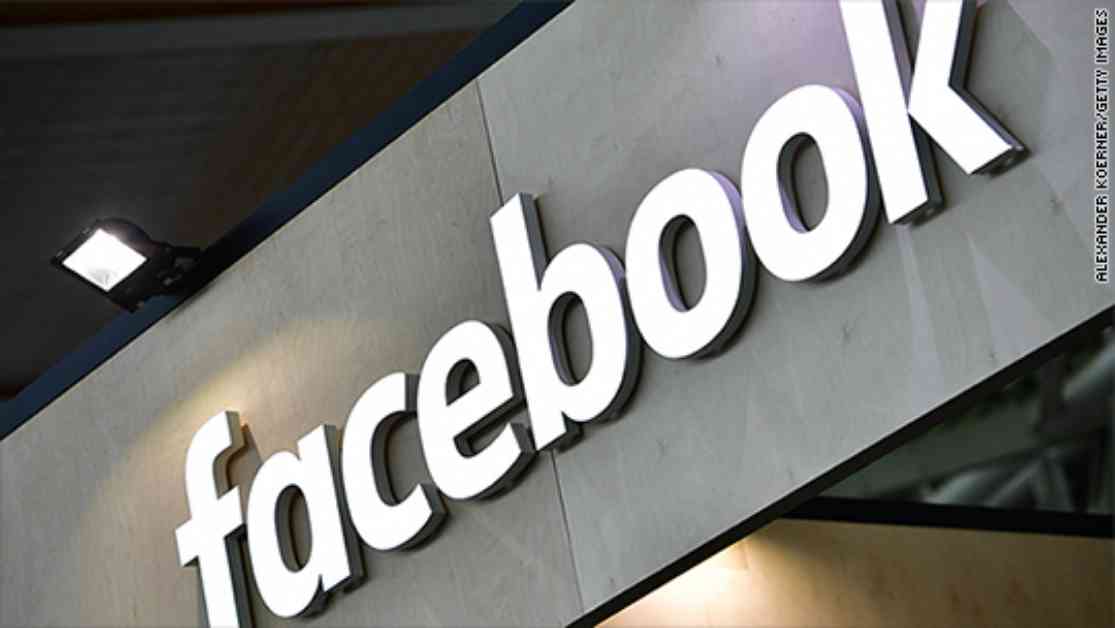Facebook recently disclosed a massive data breach, with attackers gaining access to as many as 50 million accounts. However, the social media giant has stated that they have not found any evidence that the attackers accessed third-party sites through Facebook Login. This comes as a small glimmer of good news amidst the chaos.
Guy Rosen from Facebook mentioned that an investigation into third-party apps installed or logged during the attack did not show any signs of the attackers accessing apps using Facebook Login. The attackers exploited a vulnerability that allowed them to view other people’s profiles as if they were the account owners, seeing friends’ profiles and updates.
In response to the breach, Facebook moved quickly to close the vulnerability, forcing 90 million users to log out of their accounts as a precaution. The attackers stole Facebook “access tokens,” which are used to keep users logged in over extended periods. Facebook reset all 50 million tokens affected by the breach, along with an additional 40 million tokens for users who had used the “view as” feature in the past year.
While Facebook indicated that the attackers could have potentially accessed third-party sites using Facebook Login, there is currently no evidence to support this claim. Many popular sites and apps, such as Tinder, Spotify, and Airbnb, use Facebook Login for authentication. Developers of these services were initially uncertain about the impact of the breach on their platforms.
Facebook reassured that partners who followed best practices were automatically protected, while developers who did not adhere to these guidelines may have put their users at risk. Despite the breach, Facebook apologized for the incident and promised to provide updates as more information becomes available.
As the investigation into the data breach continues, Facebook is working to strengthen its security measures and protect user data. It serves as a reminder of the importance of robust cybersecurity practices in today’s digital age. The company remains committed to transparency and addressing any potential vulnerabilities to prevent similar incidents in the future.





















